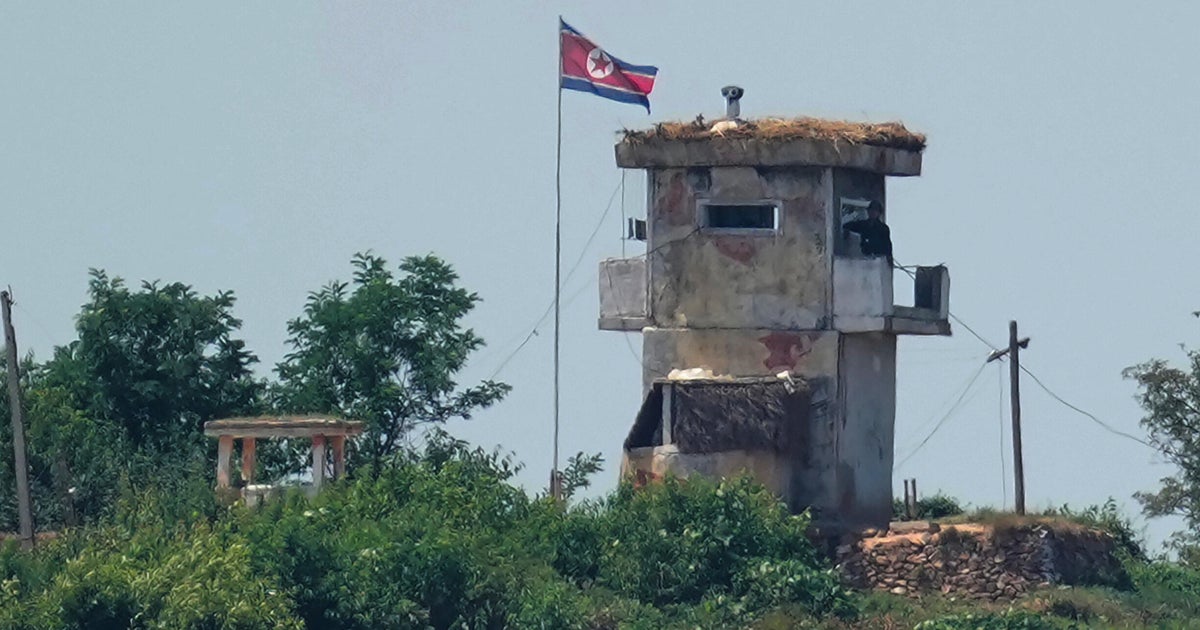North Korean soldier defects to South Korea across the Demilitarized Zone
North Korean soldier defects to South Korea across the Demilitarized Zone

A North Korean soldier defected to South Korea across the heavily fortified Demilitarized Zone on Sunday, South Korea’s military said.
Read the full article on CBS World
Truth Analysis
Analysis Summary:
The article's core claim of a North Korean soldier defecting to South Korea across the DMZ is supported by multiple sources, but the date appears to be incorrect. The article presents a straightforward account with minimal apparent bias, though the limited information makes a comprehensive assessment difficult. There are multiple instances of North Korean soldiers defecting, but the dates do not align.
Detailed Analysis:
- Claim: A North Korean soldier defected to South Korea across the heavily fortified Demilitarized Zone on Sunday.
- Verification Source #2: NBC News reports a North Korean soldier defected to South Korea early on Tuesday, August 20, 2024, by crossing the militarized border.
- Verification Source #3: Al Jazeera reports on July 4, 2025, that a North Korean man crossed the DMZ border to South Korea.
- Verification Source #5: The Guardian reports on August 20, 2024, that a North Korean soldier defected to South Korea by crossing the militarised border.
- Verification Source #1: BBC reports on Nov 13, 2017 about a North Korean soldier defecting across the DMZ.
- Assessment: Partially supported. The defection claim is supported by multiple sources, but the 'Sunday' date is not corroborated and likely incorrect. Sources 2 and 5 indicate the defection occurred on a Tuesday, August 20, 2024. Source 3 indicates a defection on July 4, 2025. Source 1 indicates a defection on Nov 13, 2017.
Supporting Evidence/Contradictions:
- NBC News: 'A North Korean soldier defected to South Korea early on Tuesday by crossing the militarized border in the eastern part of...'
- The Guardian: 'A North Korean has defected to South Korea by crossing the militarised border in the eastern part of the Korean peninsula.'

